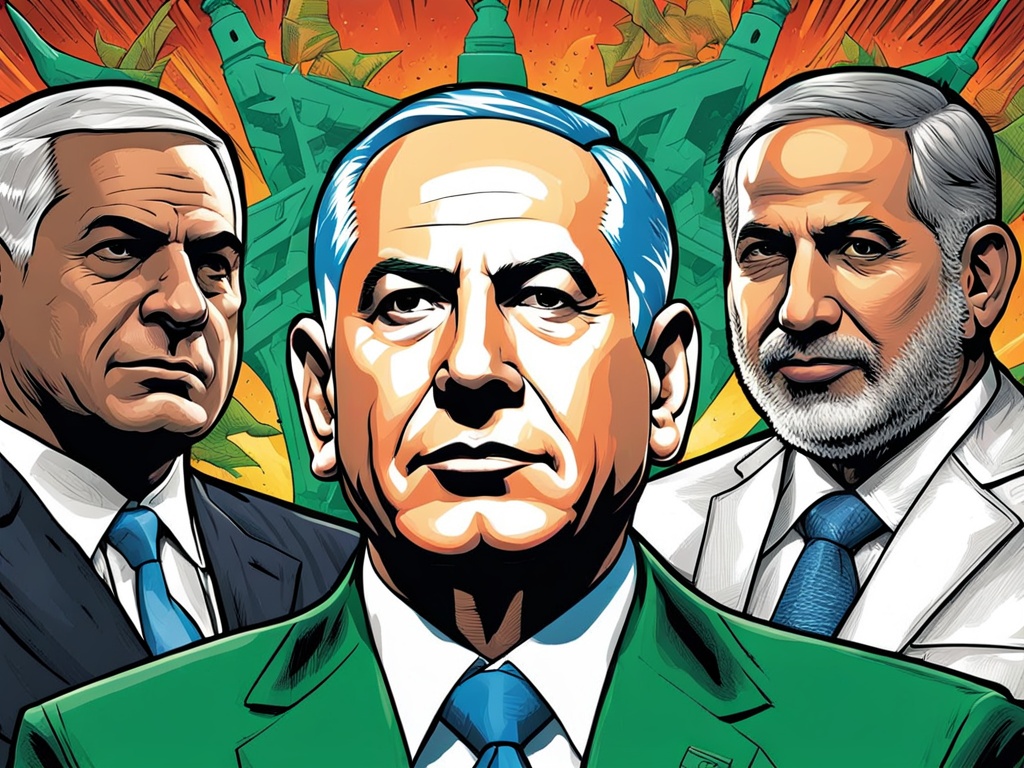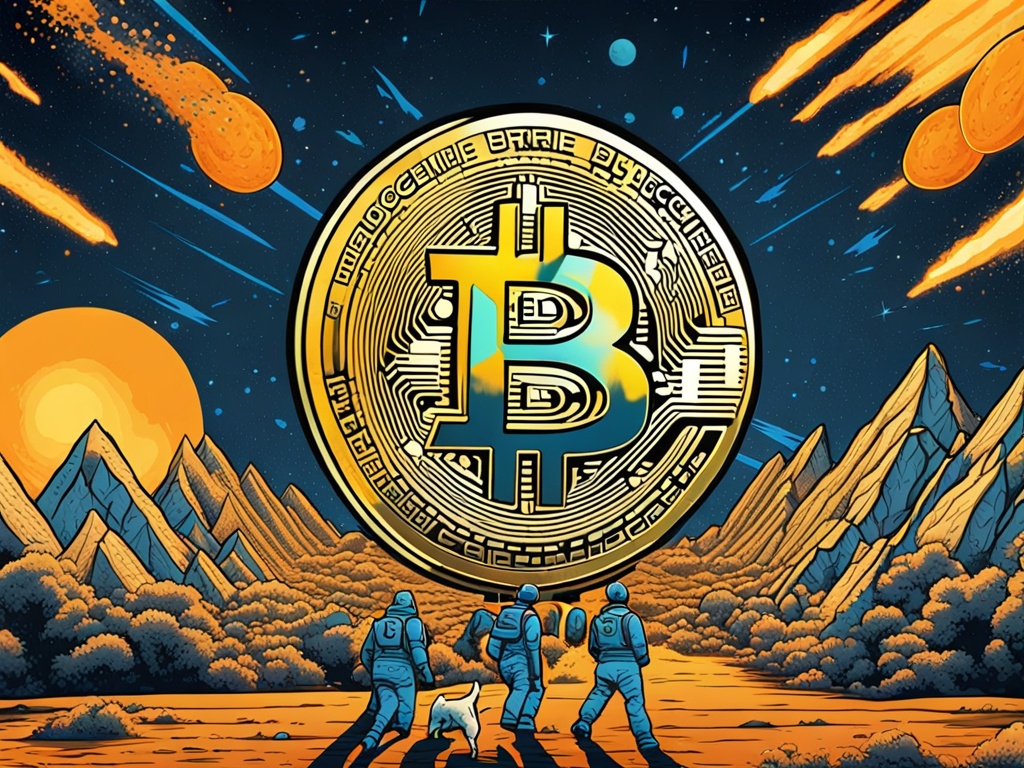International Court Takes Action Against Key Figures Amid Ongoing Conflict 🌍
The International Criminal Court (ICC) has taken significant steps this year by issuing arrest warrants for prominent figures involved in the ongoing conflict in Gaza. This development includes the Israeli Prime Minister, Benjamin Netanyahu, alongside his former defense minister and certain Hamas leaders. The ICC’s accusations encompass serious crimes, including war crimes and crimes against humanity, in relation to the war in Gaza and the attacks occurring in October 2023. This decision escalates international tensions and has implications for diplomatic negotiations concerning the conflict.
Arrest Warrants: A Step Towards Accountability ⚖️
With these warrants, Netanyahu and the other accused are now considered internationally wanted individuals. Their status could further alienate them on the global stage and complicate any attempts to broker a ceasefire in the protracted conflict that has now reached 13 months. However, the tangible consequences may be mitigated as both Israel and the United States are not participants in the ICC, and many accused Hamas officials have since lost their lives amidst ongoing hostilities.
In response to the ICC’s actions, Israeli leadership has expressed strong condemnation of the court’s prosecutor, Karim Khan, labeling his request as disgraceful and even antisemitic. The stance has been echoed by U.S. President Joe Biden, who has criticized the ICC’s prosecutor while reaffirming support for Israel’s right to self-defense against Hamas attacks.
Details of the Court’s Findings 📝
The ICC’s three-judge panel articulated their rationale, asserting that there are substantial grounds to believe that Netanyahu and his former defense minister, Yoav Gallant, knowingly hindered the Gaza civilian population’s access to essential resources like food, water, and medical supplies. The court’s unanimous decision reflects serious concerns over their conduct during the conflict.
Moreover, a warrant has also been issued for Hamas leader Mohammed Deif. Initially, the ICC sought warrants for two other top Hamas figures, Yahya Sinwar and Ismail Haniyeh; however, they were both killed during the combat operations.
Reactions from Israeli Officials 💬
Israel’s Foreign Ministry has previously indicated its efforts to challenge the ICC’s jurisdiction, stating that the court did not allow Israel the chance to investigate prior to pursuing these warrants. Oren Marmorstein, a spokesperson for the Foreign Ministry, emphasized Israel’s commitment to rule of law and justice while maintaining its position against militant threats.
Furthermore, supporters of human rights have voiced their approval of the court’s actions, promoting the view that accountability extends to all global leaders, irrespective of their nationality or status.
Operational Implications of the Warrants 🌐
Despite the issuance of arrest warrants, it is unlikely that any of the accused will appear before judges in The Hague in the near future, as the ICC lacks its own police force and fundamentally relies on cooperation from member states for enforcement.
Nevertheless, it may pose travel challenges for Netanyahu and Gallant, constraining their international movements. Case in point, Vladimir Putin, under a similar ICC warrant, managed to visit Mongolia without facing arrest, raising questions about the practical enforceability of such warrants.
Historical Context of the ICC’s Role 🕰️
The ICC functions primarily when national authorities are unable or unwilling to conduct investigations into serious crimes. While Israel is not a member of the ICC, the history of internal investigations has raised concerns among rights organizations about their efficacy and objectivity.
In previous statements, Khan has accused Israel of systematically depriving Gazans of vital necessities through border restrictions. He also made grave accusations against Hamas leaders, linking them to the October 7, 2023, assaults that led to significant casualties and abductions.
Continued Tensions and Future Implications ⚠️
Rights advocates welcome the decision, viewing it as a pivotal moment that challenges the notion that certain individuals operate with impunity. Conversely, Israeli opposition figures have heavily criticized the actions of the ICC, equating them to a moral failing and a historical disgrace.
This year’s decision by the ICC not only adds to the complexity of the ongoing conflict but also emphasizes the intricate balance between justice, accountability, and the persistent nature of international warfare and diplomacy.
As this situation unfolds, the world watches intently, recognizing that the implications for global governance, human rights, and national sovereignty are profound and far-reaching.





 By
By
 By
By
 By
By

